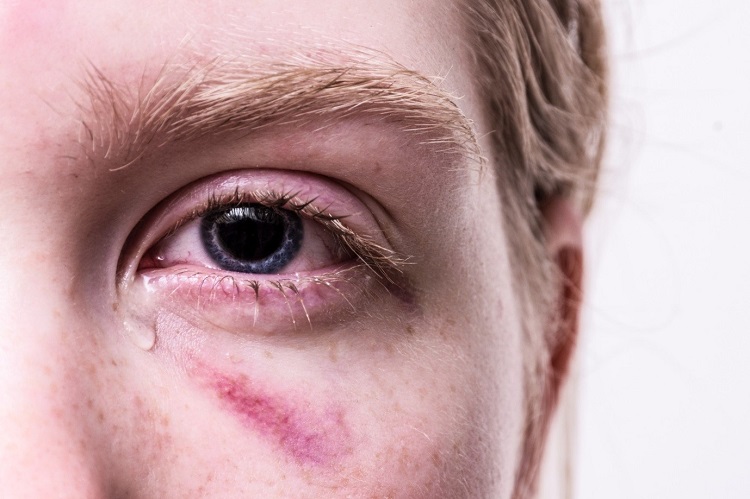Every day in the U.S., around 2,000 workers receive an eye injury that requires emergency eye care. This figure doesn’t even include the number of injuries and accidents that happen to the rest of the population, as well as any unexpected eye conditions that require immediate treatment!
Unfortunately, it can be hard to tell when your eye injury or condition requires emergency medical care.
Whether you’ve sprayed chemicals into your eyes or you’ve noticed a sudden deterioration in your vision, how do you know when to call an eye doctor?
Here’s what you should know about seeking emergency eye care.
What Requires Emergency Eye Care?
Any serious eye injury or eye condition may require emergency eye care. Eye emergencies include sudden and unexpected symptoms as well as evident trauma. They may or may not include a partial or total loss of vision, depending on the injury or the condition.
Common symptoms requiring emergency care include the following:
- Serious eye pain or a severe headache in the area around the eye
- A partial or total loss of vision
- Double vision or other vision changes
- An obvious change in one eye’s appearance, including bulging, enlarged or shrunken pupils, etc.
- A burning sensation in the eye
- Sudden light sensitivity
- Discoloration in any part of the eye
- Chemical injuries from garden or cleaning products
- Obvious eye trauma, including visible wounds or burns, foreign bodies in the eye, or bruising around the eye
If you notice any of the above symptoms, it’s important to contact an eye doctor as soon as possible for emergency eye care. Depending on the severity of the situation, you may need to call for emergency services if you cannot get in touch with a professional.
What to Do During Eye Emergencies
Until you get to an eye doctor, it’s important to take care of your eye health with basic first aid. However, be careful not to rub your eye, and refrain from applying intense pressure if you use an ice pack to relieve pain. You also shouldn’t wash out your eye, nor should you take out your contact lenses.
In addition, though it may be tempting to use tools like tweezers to remove anything stuck in your eye, it’s better to leave this to the professionals. In some cases, a DIY removal may make your eye issue worse!
Instead, protect the eye with light bandaging as needed, without applying pressure.
If you’ve received a chemical injury to your eye, on the other hand, you’ll need to take a few specific steps. These include flushing out the chemicals and removing your contact lenses, if you’re wearing any.
Know What to Do When You Need Emergency Care
While it’s possible to take steps to maintain and protect your eye health, it can be hard to prevent every eye injury or condition. That’s why it’s crucial to know what to do when you need emergency eye care. Be sure to understand the steps for basic first aid, and add your local eye doctor to your phone’s contacts just in case!
Looking for more of the essential tips you need to know? Be sure to check out our other guides for additional insights.






